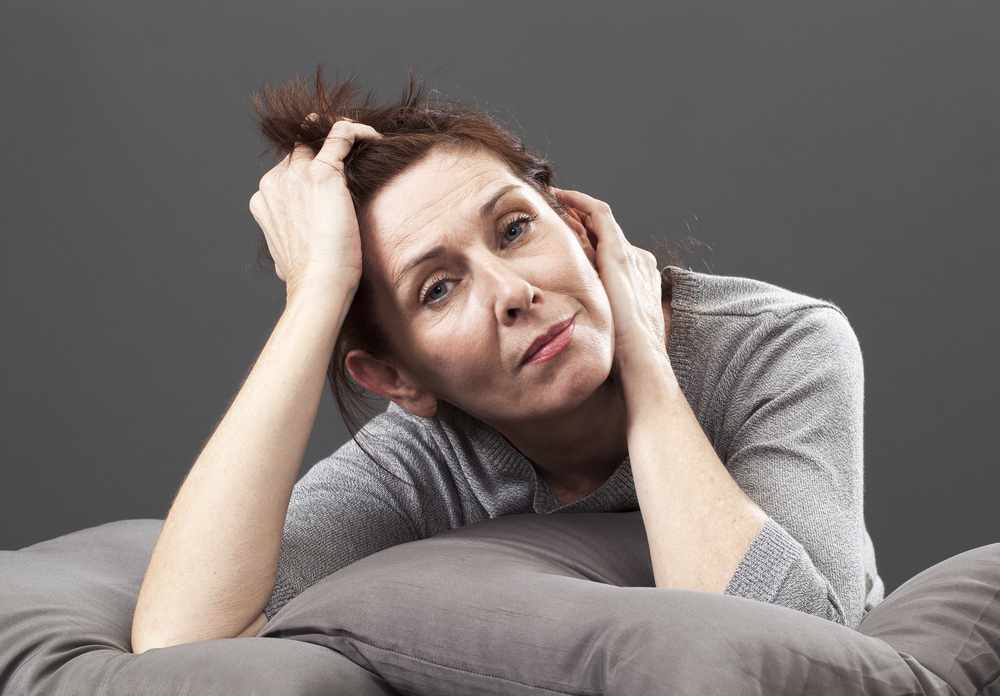-
Study finds hormone therapy improves sleep quality for recently menopausal women
 ROCHESTER, Minn. — For many women, the side effects of menopause don’t call it a day when they do.
ROCHESTER, Minn. — For many women, the side effects of menopause don’t call it a day when they do.
Between 40 and 60 percent of women in perimenopause and early menopause face issues with sleep because of this physical change. The majority also report hot flashes and night sweats, which can be disruptive to falling and staying asleep.
A new study published in Menopause: The Journal of The North American Menopause Society has found that low-dose hormone therapy may be effective in easing sleep issues in this population. The goal of the study was twofold: find out how two forms of hormone therapy affect sleep quality and assess the ties between hot flashes, sleep quality and hormone therapy.
“Poor sleep quality over time affects more than just mood,” says Virginia Miller, Ph.D., director of Mayo Clinic’s Women’s Health Research Center and the study’s corresponding author. “Sleep deprivation can lead to cardiovascular disease, among other health risks. There can be serious consequences — mental and physical — if you’re not getting quality sleep over a long period of time.”
The study looked at two forms of hormone therapy — oral estrogen (conjugated equine estrogen) and a patch (17 beta-estradiol) — to find out how their use affected sleep quality. The participants were part of the Kronos Early Estrogen Prevention Study, and all were recently menopausal women. The women self-reported on the quality of their sleep using the Pittsburgh Sleep Quality Index. They also recorded the intensity of hot flashes and night sweats during this time.
The women were found to have improved sleep quality over four years when using low-dose hormone therapy — twice the improvement of those in the placebo group.
Researchers also found that sleep quality improved with changes in hot flashes and night sweats, but Dr. Miller says it remains difficult to determine if the low sleep quality is caused by these symptoms or if they are a consequence of poor sleep.
“Menopause affects such a large portion of the population, so it is important to keep researching how we can best promote a woman’s overall health during this phase in her life,” says Dr. Miller.
###
About Mayo Clinic
Mayo Clinic is a nonprofit organization committed to clinical practice, education and research, providing expert, comprehensive care to everyone who needs healing. For more information, visit mayoclinic.org/about-mayo-clinic or newsnetwork.mayoclinic.org.
MEDIA CONTACT
Kelly Reller, Mayo Clinic Public Affairs, 507-284-5005, newsbureau@mayo.edu






